Introduction
The solar energy industry has been witnessing an unprecedented boom, with solar inverters playing a pivotal role in this green revolution. As the heartbeat of solar energy systems, these inverters transform the sun’s bounty into usable electrical power.
China, leading the charge in solar technology, has emerged as the go-to destination for sourcing high-quality, cost-effective solar inverters. This guide delves into the intricacies of importing solar inverters from China, ensuring you navigate this complex process with ease and expertise.
Part 1: Chinese Solar Inverter Market Overview
As the world increasingly turns to renewable energy sources, the spotlight is on solar technology, and at its core, the solar inverter market. China, in recent years, has emerged not just as a manufacturing powerhouse but also as a frontrunner in solar inverter technology.
1.1 Dominance in Solar Inverter Technology
China’s leading position in solar inverter technology is not just a result of its manufacturing capacity but also its commitment to research and innovation.
The country’s manufacturers are at the forefront of developing advanced technologies that enhance the efficiency and reliability of solar inverters. This includes breakthroughs in maximizing energy conversion, integrating smart technology for monitoring and control, and improving durability to withstand various environmental conditions.
Chinese manufacturers aren’t just keeping up with global trends; they are setting them, driven by a vision to revolutionize solar energy technology.

1.2 Cost-Effectiveness and Manufacturing Excellence
The affordability of Chinese solar inverters is a direct result of strategic large-scale production, combined with advanced manufacturing techniques. These factors contribute to significantly lowering production costs without compromising on quality.
The manufacturers leverage economies of scale, state-of-the-art manufacturing facilities, and highly optimized supply chains. This approach allows them to offer high-quality products at competitive prices, making solar energy more accessible globally.
Moreover, stringent quality control measures are in place to ensure that each product meets high standards of performance and durability.
1.3 Range of Products
The variety of solar inverters produced in China is unmatched, addressing every possible need in the solar energy sector.
Whether for small residential setups or large-scale utility projects, Chinese manufacturers offer a solution. This extensive range includes everything from basic grid-tied inverters to sophisticated off-grid systems, microinverters suited for small-scale installations, and central inverters designed for industrial applications.
This variety ensures that every customer finds an inverter that fits their specific energy needs, installation environment, and budget.
1.4 Compliance with Global Standards
Adherence to international standards is a cornerstone of China’s solar inverter manufacturing industry. Manufacturers ensure compliance with global certifications like ISO, IEC, and UL, signifying their commitment to quality and safety.
These certifications are a testament to the inverters’ performance, durability, and safety, meeting or exceeding international expectations. This adherence not only builds trust among global customers but also ensures seamless integration into various markets and compliance with local regulations.
1.5 Export Infrastructure and Government Support
The Chinese government’s support for the solar inverter industry is a key factor in its global dominance. This support manifests in robust export infrastructure, facilitating efficient and reliable distribution of products worldwide.
Favorable government policies, including subsidies and investment in research, bolster the industry’s growth and innovation. Such backing not only strengthens China’s position in the global market but also promotes the adoption of renewable energy technologies worldwide, aligning with global sustainability goals.

Part 2: Key Considerations for Importing Solar Inverters
Embarking on the journey to import solar inverters from China involves more than just identifying a product and placing an order.
It requires a strategic approach, considering several key factors that ensure the success and viability of your import. Among these, evaluating a manufacturer’s reputation and the certifications of their products stands paramount.
2.1 Evaluating Manufacturer’s Reputation and Certifications
Evaluating a manufacturer’s reputation involves a comprehensive analysis of their market presence and customer feedback. This includes scrutinizing their track record in the industry, understanding their client base, and reviewing any accolades or recognitions they’ve received.
It’s also essential to consider customer reviews and testimonials, which can provide real-world insights into the manufacturer’s reliability and product quality.
In terms of certifications, ensuring the manufacturer adheres to international standards such as ISO, CE, or UL certifications is vital. These certifications indicate that the products meet global safety and quality benchmarks, crucial for ensuring the longevity and efficiency of the solar inverters.
2.2 Product Specifications and Technological Advancements
Understanding the specifications and technological advancements of solar inverters is critical in selecting the right product. This involves examining the efficiency ratings of the inverters, which directly impact the energy output and overall performance of the solar system.
Compatibility with different solar panel systems is another crucial factor, as it ensures seamless integration and optimal functioning of the entire solar setup.
Additionally, features like remote monitoring and control capabilities offer enhanced usability and maintenance, making them desirable attributes in modern solar inverters.
Keeping up with the latest technological advancements in solar inverters, such as improved conversion efficiency or integration with smart grid technologies, can significantly enhance the value of your investment.

2.3 Regulatory Compliance
Regulatory compliance is paramount in the import process. It’s essential to ensure that the solar inverters comply with all relevant local and international regulations, which may include safety standards, environmental guidelines, and electrical codes.
Understanding these requirements in advance can prevent potential legal issues and ensure the smooth operation of your solar installations. This also includes being aware of any changes in regulations that might affect the import or use of solar inverters in your country, thus safeguarding your investment against future regulatory shifts.
2.4 Logistics and Shipping
The logistics and shipping of solar inverters are pivotal in the import process, necessitating careful planning and execution. The key lies in selecting an appropriate shipping method — sea, air, or land — tailored to your specific needs in terms of volume, urgency, and cost.
It’s essential to grasp and negotiate freight charges and understand shipping terms like FOB and CIF, which determine cost responsibility and risk allocation.
Collaborating with seasoned logistics providers is advisable, as they can navigate the complexities of international shipping, ensuring your solar inverters are delivered efficiently and in compliance with relevant regulations.
Efficient logistics management is crucial not only for the timely and safe delivery of your products but also for maintaining the overall cost-effectiveness of your importing strategy.
2.5 After-Sales Service and Warranty
The importance of after-sales service and warranty cannot be overstated. A comprehensive warranty can serve as a testament to the product’s quality and the manufacturer’s confidence in their product. It’s vital to understand the warranty’s scope, duration, and the procedures for claiming it.
Efficient after-sales service, including technical support, spare parts availability, and repair services, plays a crucial role in maintaining the operational efficiency of the solar inverters and mitigates any downtime due to technical issues.
2.6 Market Trends and Future Compatibility
Staying updated with market trends and future compatibility is essential for making a forward-looking investment.
This includes understanding emerging technologies in the solar inverter market, such as developments in battery storage integration or compatibility with evolving solar panel technologies.
It also involves anticipating future market demands and regulatory changes, which could impact the suitability and longevity of the solar inverters.
By staying informed about these trends, you can make decisions that not only meet current needs but also align with future developments in the solar energy sector.

Part 3: Step-by-Step Guide to Importing from China
Navigating the intricacies of importing solar inverters from China can be a complex and multifaceted process. It demands a methodical approach, where each step is crucial to the overall success and compliance of the import.
Step 1: Understanding Local Import Regulations
Delving into your country’s import regulations is essential for a smooth import process. This step involves researching and understanding the specific tariffs, taxes, and any special requirements or certifications necessary for importing solar inverters.
Being well-versed in these regulations helps in avoiding unexpected legal complications and potential financial losses. It’s also crucial to stay updated on any changes in these regulations to ensure continuous compliance.
Step 2: Conducting Thorough Market Research
Comprehensive market research is key to identifying the best potential suppliers. This could involve attending industry-specific trade shows, engaging in B2B platforms, and seeking referrals from trusted sources.
The focus should be on finding suppliers that meet your specific needs in terms of quality, budget, and reliability. This research phase is fundamental in narrowing down the list of potential suppliers to those most aligned with your business goals.
Step 3: Evaluating and Selecting Suppliers
Evaluate potential suppliers meticulously based on several criteria including the quality of their products, competitive pricing, production capacity, and overall market reputation.
If feasible, visiting the suppliers’ manufacturing facilities can provide firsthand insight into their operational processes and product quality.
This step is crucial in ensuring that your chosen supplier can meet your demands and uphold the standards you expect.
Step 4: Sample Evaluation and Testing
Before committing to a large order, it is prudent to request samples for evaluation and testing. This allows you to personally assess the product’s quality and ensure it meets your specifications.
This step is vital in verifying the manufacturer’s claims about their product and assessing its performance, thus providing confidence in your investment.

Step 5: Negotiating Contract and Payment Terms
Negotiate contract terms and payment conditions with care. This includes clear discussions about pricing, expected delivery timelines, preferred payment methods, and terms of sale.
Transparent and effective communication during this phase is essential for establishing a strong foundation for a successful and long-term business relationship.
Step 6: Arranging for Shipping and Logistics
Efficiently organizing shipping and logistics is critical. Consider various factors such as the mode of shipping, associated costs, insurance options, and expected delivery timelines.
Collaborating with a reliable freight forwarder can significantly simplify this process, ensuring that your solar inverters are transported in an efficient, cost-effective, and timely manner.
Step 7: Handling Customs Clearance and Import Duties
Prepare thoroughly for customs clearance and understand the applicable import duties. This includes compiling all necessary documentation, accurately calculating duties, and ensuring full compliance with customs regulations.
Adequate preparation in this phase is key to a smooth customs clearance process and helps in avoiding delays or additional costs.
Step 8: Quality Inspection upon Arrival
Upon the inverters’ arrival, conduct a detailed quality inspection to confirm that the products meet the agreed specifications and are free from defects.
This inspection is crucial for ensuring that the solar inverters you receive are in optimal condition and ready for installation or distribution.
Conclusion
As we encapsulate the journey of importing solar inverters, it becomes evident that meticulous planning and strategic execution are paramount. Adhering to the steps outlined in this comprehensive guide will not only navigate you through the complexities of the process but also instill confidence in your venture. China’s advanced solar inverter technology, combined with cost-effectiveness, sets the stage for a successful import journey.
In this realm, partnering with established and reputable companies like SolarCtrl can significantly enhance your experience. SolarCtrl, with its commitment to quality and innovation, exemplifies the kind of supplier that aligns with the high standards of technology, reliability, and support crucial in this industry. Their expertise in the solar inverter market ensures that you are sourcing products that are not only at the forefront of technological advancement but also competitively priced and compliant with global standards.




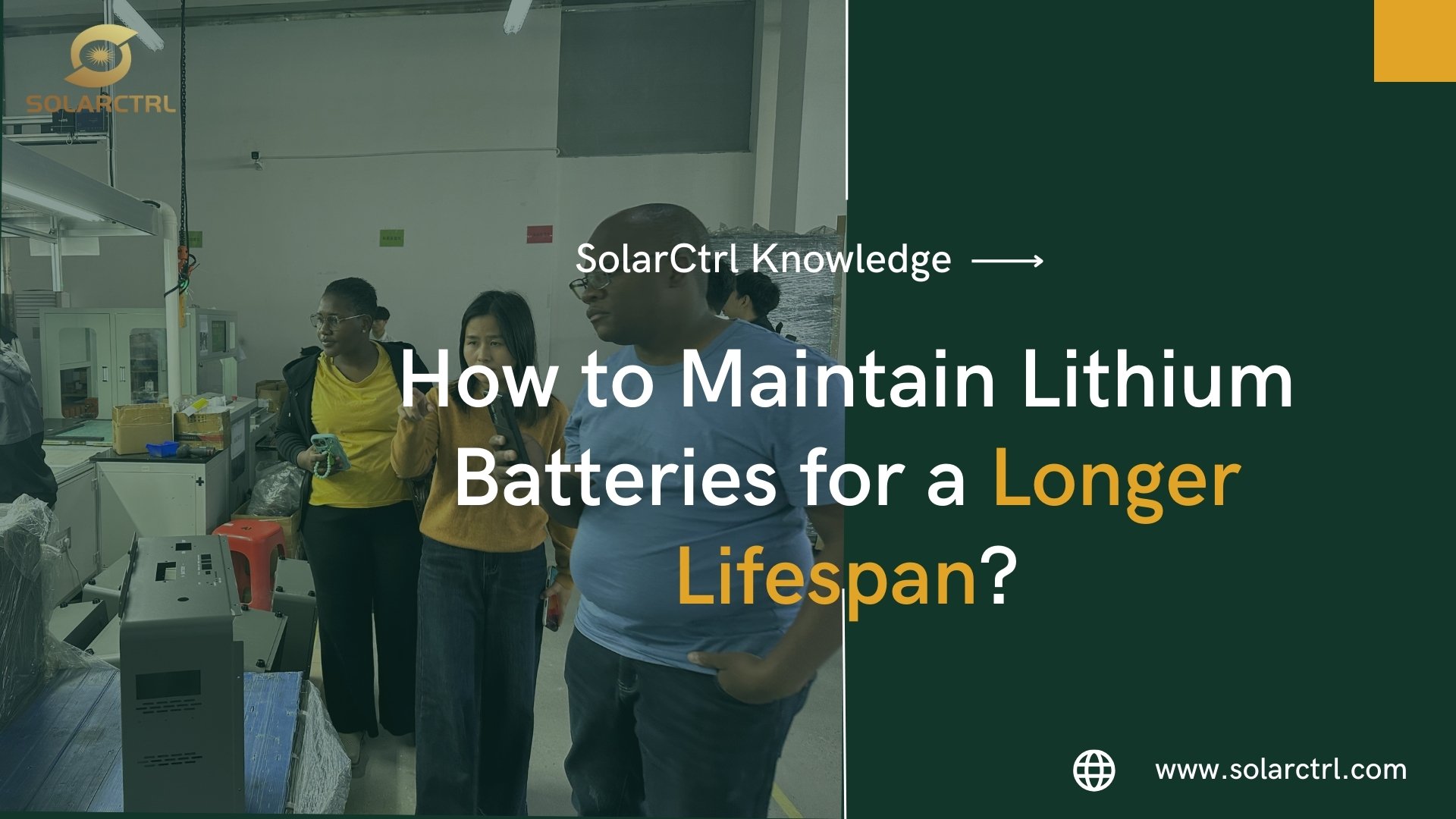
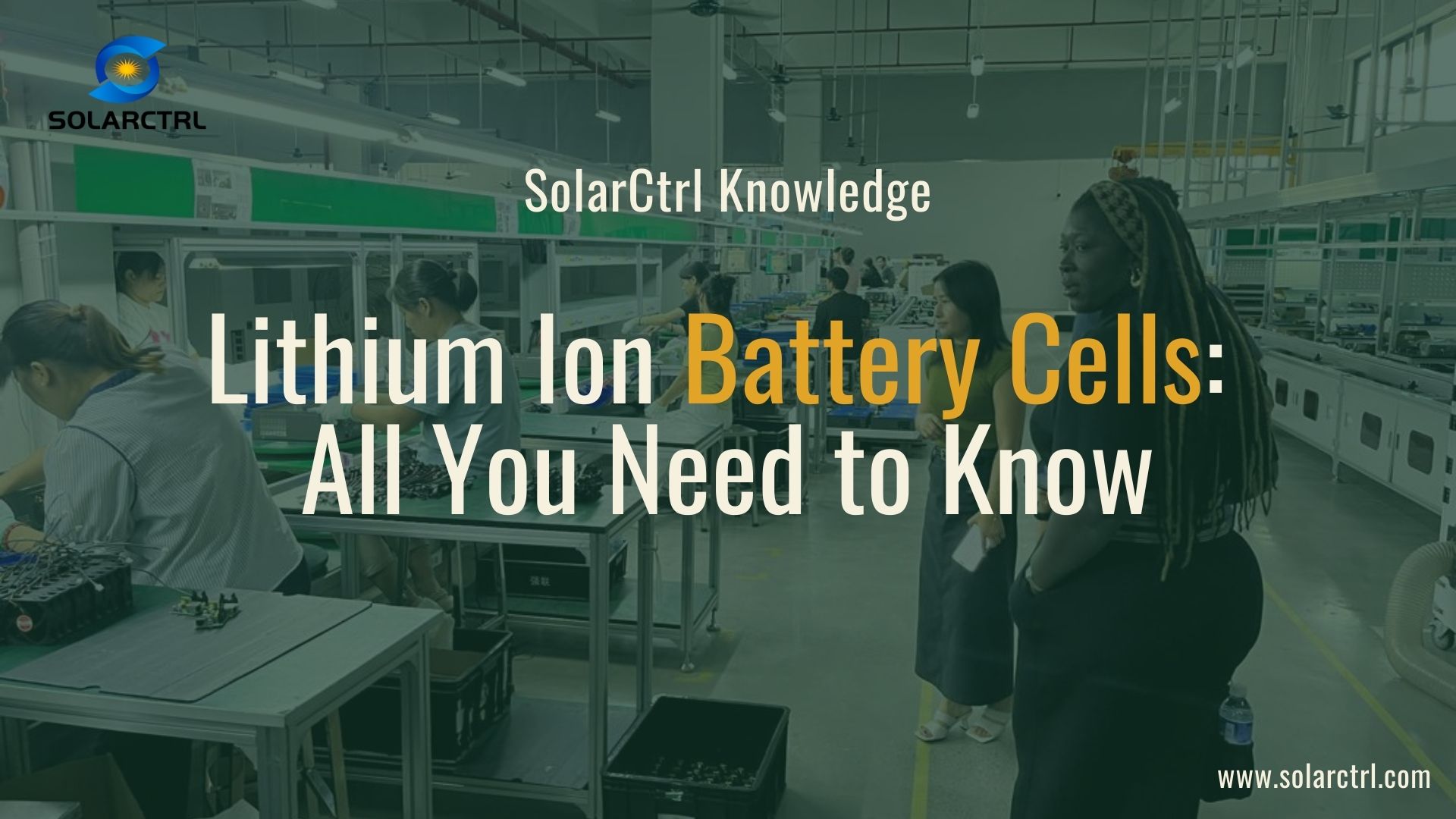
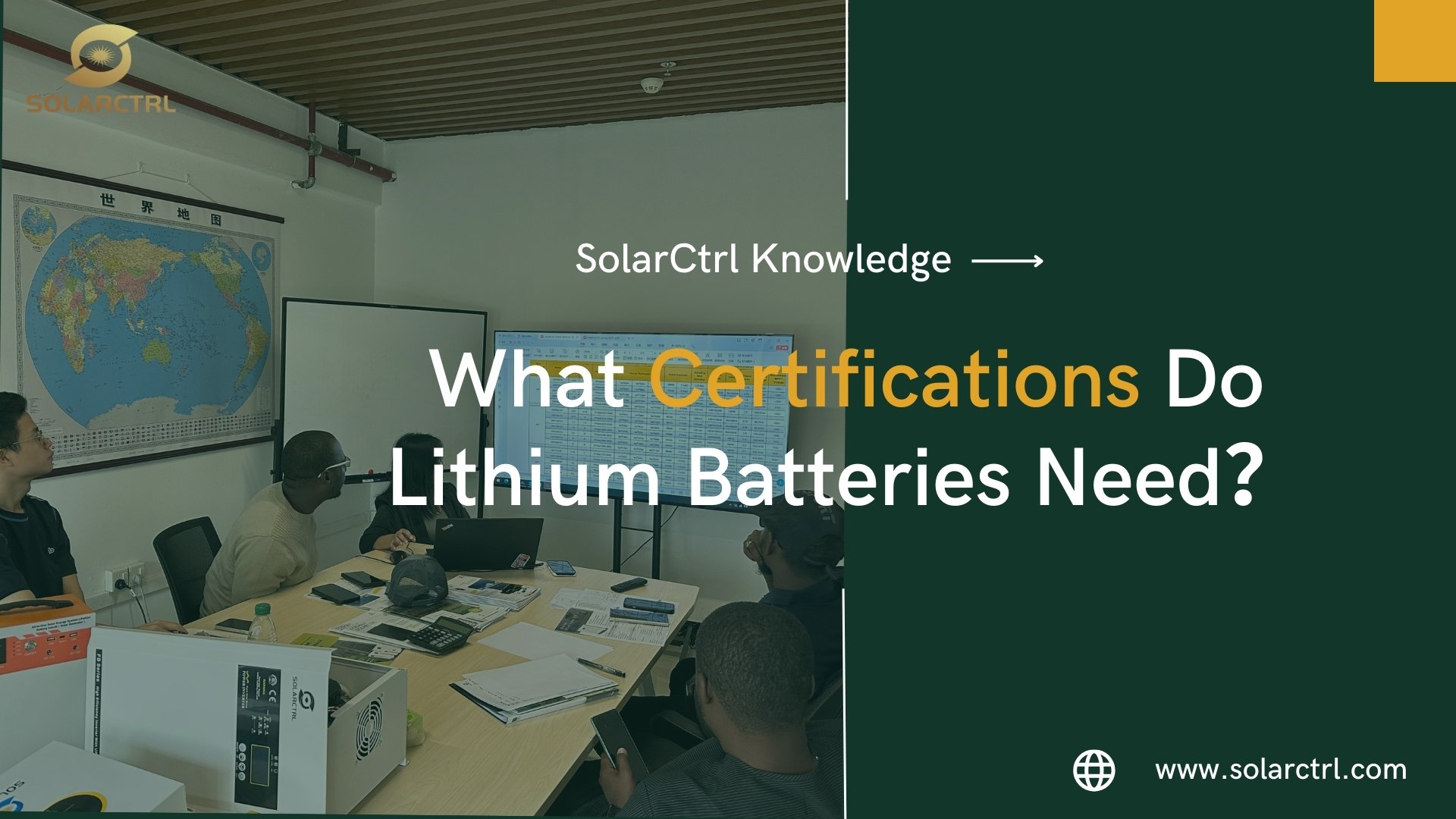



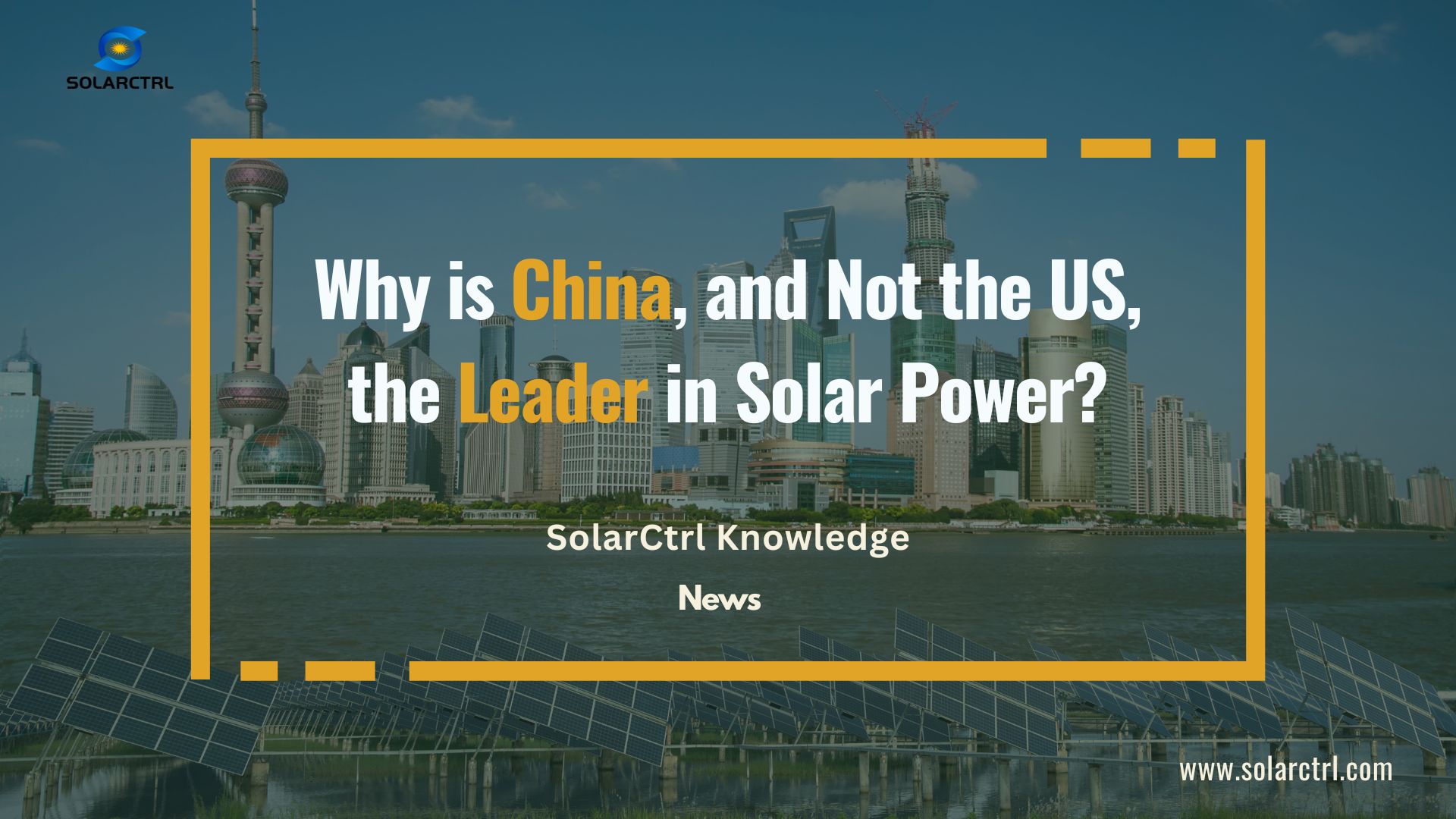
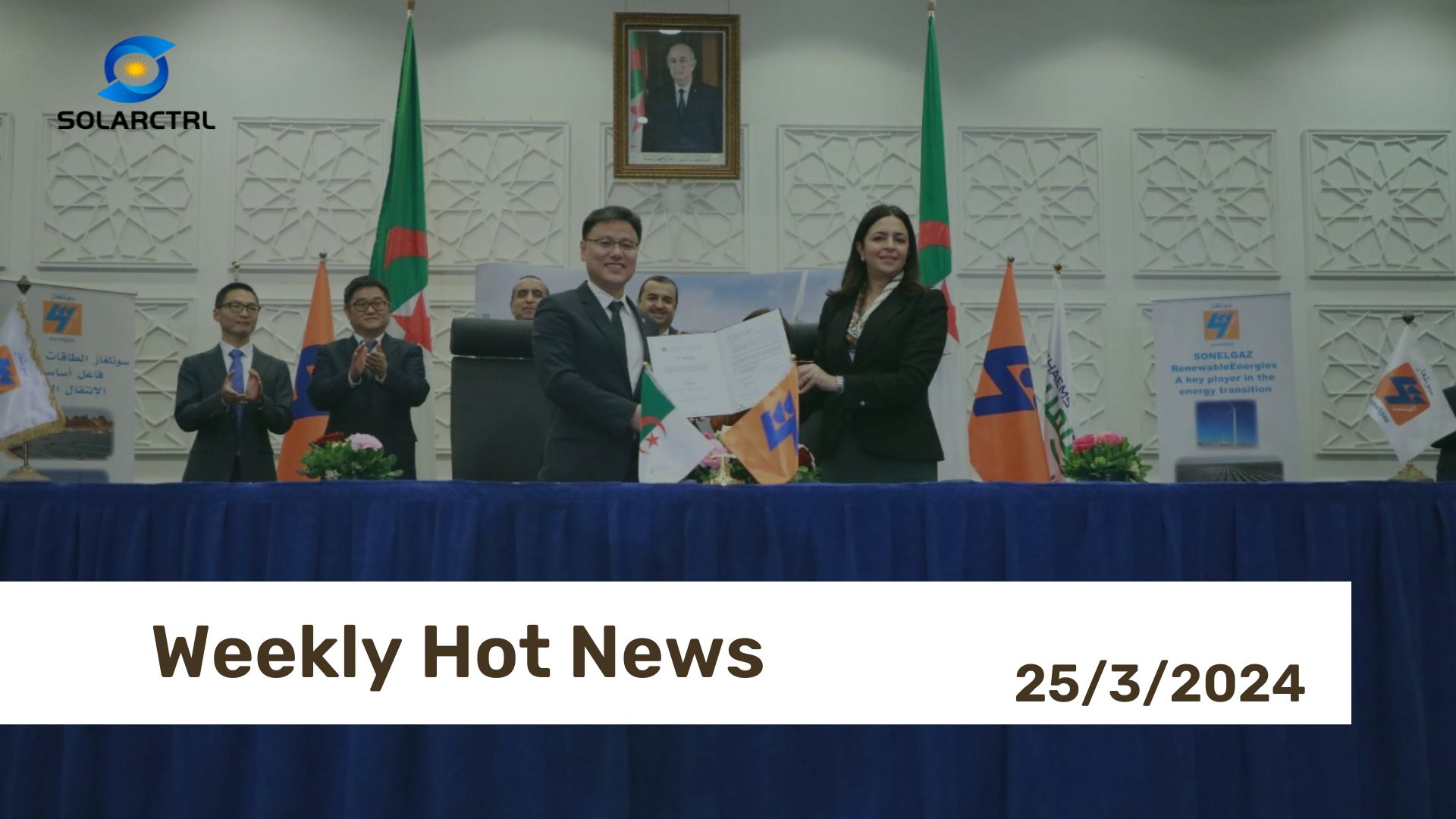




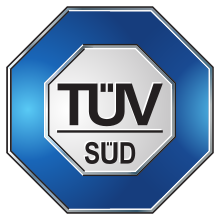

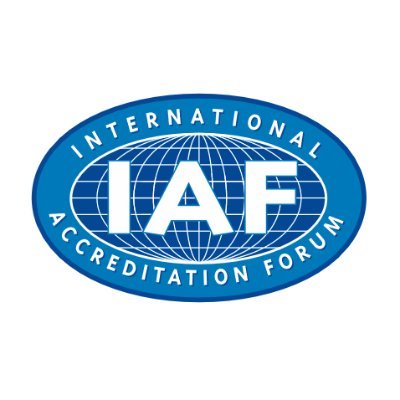


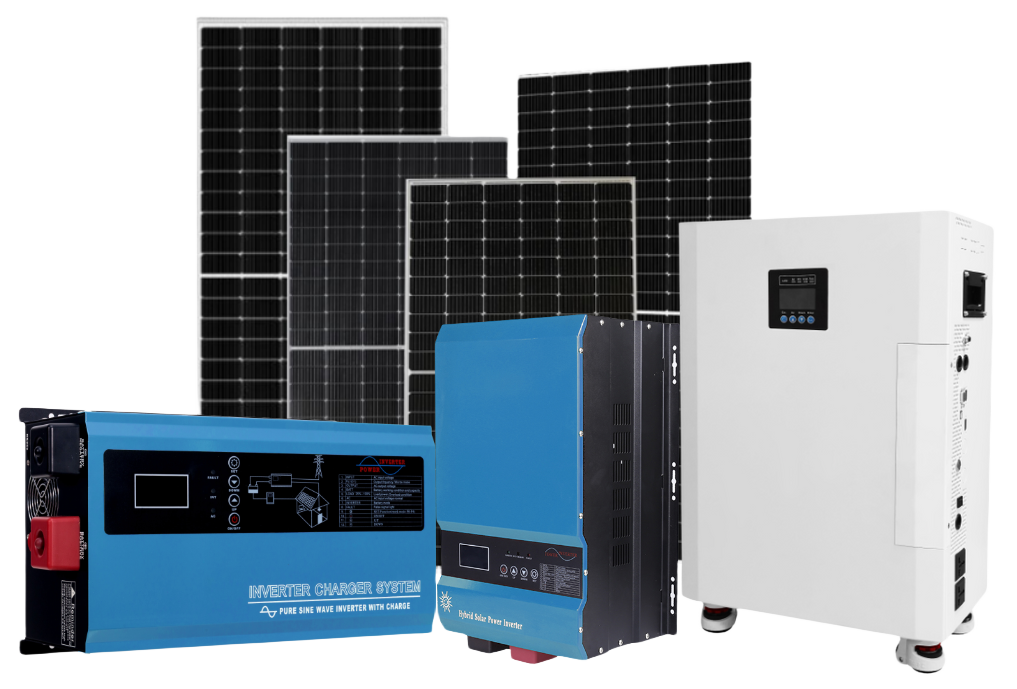
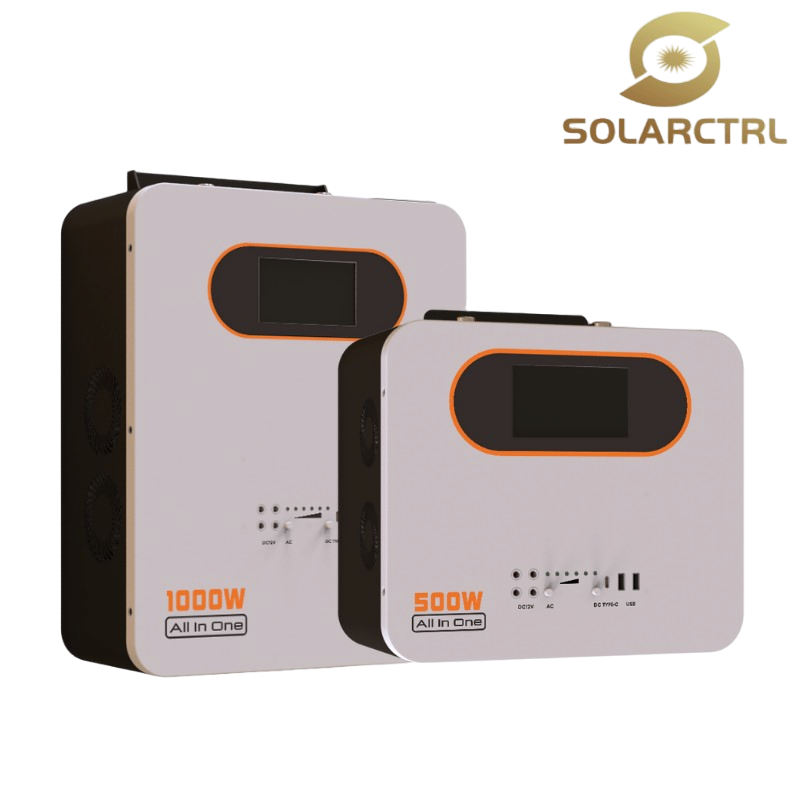
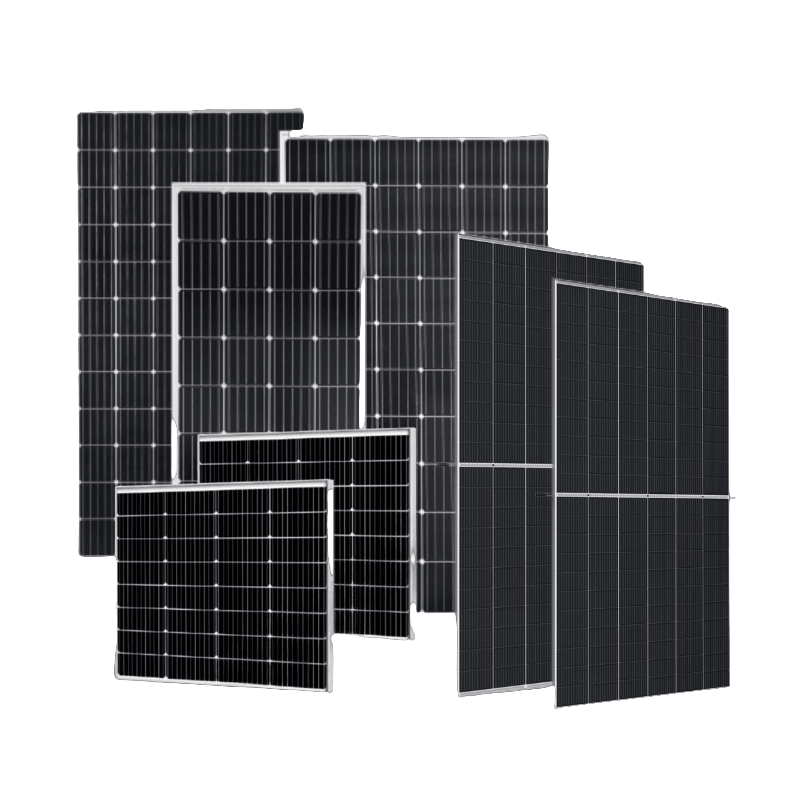
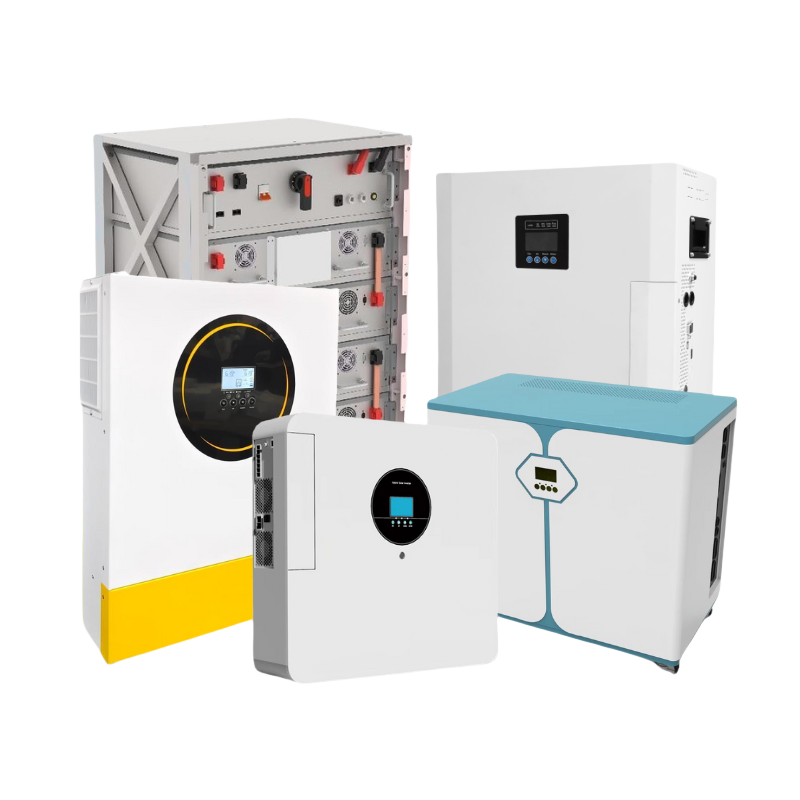
7 Responses
I want to import 50KVA Solar Ongrid Inverter from China to India.
Is BIS is mandatory?
I have been working hard to find the answer for the above query!
Even I have tried calling BIS and different laboratory in India, but did not get any proper response!
Hi Ramesh Parmar, Thank you for your comment, and also thank you for showing interest in my article.
Yes, if Indian customers are sourcing solar products from China, such as solar inverters and solar panels, these products typically need to obtain BIS certification to be sold in the Indian market. BIS certification ensures that these products meet Indian safety and performance standards. For electronics and consumer products entering the Indian market, BIS certification is a mandatory requirement.
If you have more questions about solar energy, please do not hesitate to contact me via: debby.cao@solarctrl.com
Hi Debby I am looking at different options of inverters from china what certification is required for the newzealand market. Thanks john
Hi John,
Thanks for reaching out!
To import solar inverters from China to New Zealand, the products need to comply with several certifications including the Electrical Safety Regulations (AS/NZS 3000), the Clean Energy Council (CEC) approval, and the Electromagnetic Compatibility (EMC) standards.
Additionally, inverters should meet the Grid Connection Standards (AS/NZS 4777) to ensure they are suitable for connection to the local electricity grid.
Let me know if you need more details or have any other questions.
If you want to import solar inverters from China, you can contact our sales manager Fiona via sales@solarctrl.com.
SolarCtrl has extensive export experience, we are happy to assist you.
Best,
Debbie Cao
Hi Debbie,
I’m looking to import solar inverters and batteries from China to the US, what certifications do I need to be looking for? Also, I’ve read some things about end of life recycling, I’m in California, do you know anything about that side of things?
Thanks,
Carol
Thank you, Carol, for your well-considered questions.
1. Certifications for US Imports:
For solar inverters and batteries imported from China, you should verify compliance with the following certifications:
UL (Underwriters Laboratories): Essential for both inverters and batteries to meet US safety standards.
CEC Listing (California Energy Commission): Required for grid-connected inverters in California.
FCC: Ensures electromagnetic compatibility.
ETL or CSA: Sometimes accepted as alternatives to UL.
2. End-of-Life Recycling in California:
California encourages proper recycling and safe disposal of solar equipment. Batteries, especially those containing lithium or lead, are subject to hazardous waste regulations. Panels and batteries should be recycled through authorized e-waste and hazardous material programs to comply with state guidelines.
For more details on our Chinese-manufactured solar inverters and batteries, and help with US compliance, please feel free to contact our business manager via Email: fiona.cao@solarctrl.com or Whatsapp: +86 18038650138. We’ll guide you through the entire process!
Excellent guide on importing solar inverters from China! A crucial step for the Indian market is ensuring compliance with BIS standards. The mandatory BIS certification for inverters is key to avoiding customs delays and building customer trust. A must-read for any serious importer.